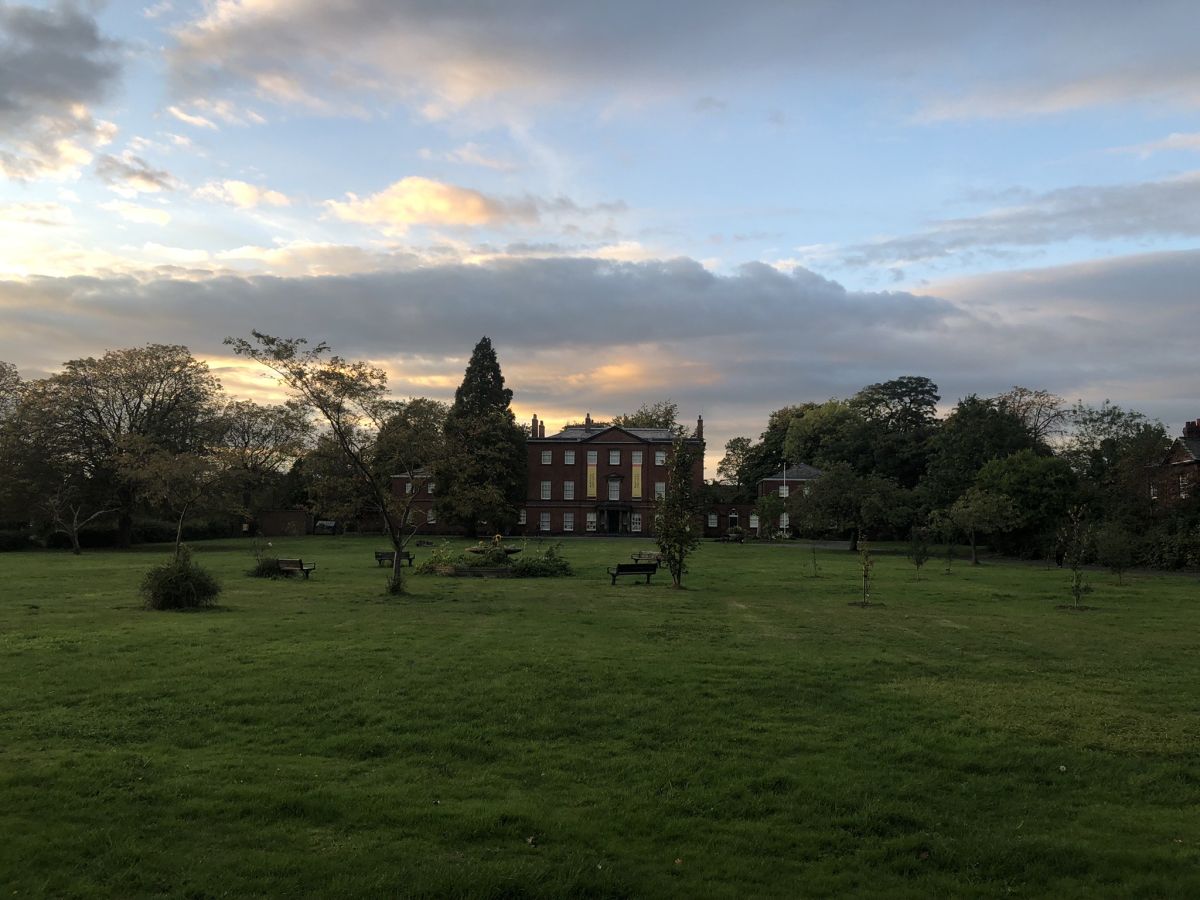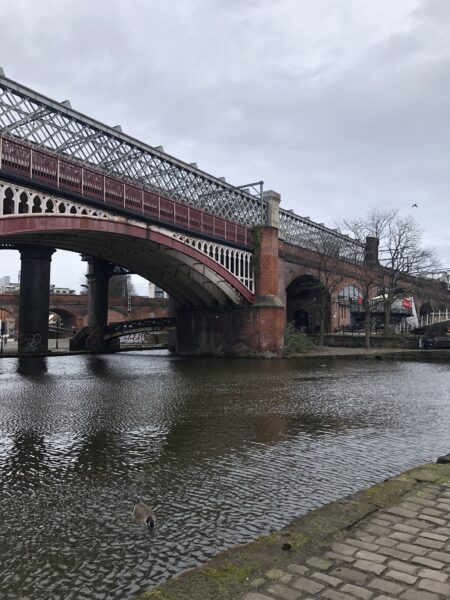Feeling the need for green in Manchester

Before I moved to Manchester, I did not consider myself overtly “into nature”. I was surprised when the homesickness I felt for my family and friends was on parr with the homesickness I felt for the green spaces, forests and fields back home.
The metropolitan environment, granted, is not known for its greenery. However, in comparison to cities I had been to before, I found Manchester significantly different. Where London has Hyde Park and other large, accesible parks, Manchester has small green squares cornered by tower blocks. Its largest park, Heaton Park, is inaccessible for most students who live in the southern boroughs of Fallowfield or Withington.
I found that my walks or runs were always on pavements, through residential areas or the city centre itself. Whilst Manchester’s architecture can be impressive to look at, it does not provide the same feeling of comfort as nature does. The canal was no substitute for a river or a lake, and I knew it.
Over the course of the term, I found that being constantly surrounded by roads, streets, buildings, and cars would affect my mood. The pseudo-natural environment of Platt Fields Park was a meagre attempt at escapism, when traffic noise and distant skyscrapers were ever present. I grasped at opportunities to visit friends and family at weekends, just to escape the metropolitan maze that is Manchester and see some plants and trees – things I was unaccustomed to seeing day-to-day.
I wonder how many other students, whether consciously or not, are also affected by Manchester’s lack of green spaces, when there is a clear connection between good mental health and nature. Mental health charity, Mind, lists some of the benefits as improved mood, reduced stress, reduced anger, and increased confidence. Would students in Manchester perform better, be happier, and be more engaged if they had better access to better green spaces?

Andy Burnham has previously been under criticism for the city centre’s lack of green space. The opening of Mayfield Park (near Piccadilly Station) in September 2022 was the ‘first new city park in Manchester for 100 years’. Still, this park, like Birchfield’s or Platt Field’s, is no substitute for the wide, open fields I have at home.
My first year of living in Manchester taught me how much I love and value the outdoors and to not take those fields at home for granted. Yet had I not chosen to live in this bustling, chaotic city, I don’t think I would have learnt that. It seems counter-intuitive and ironic, but Manchester has given me, and I’m sure, many other students a newfound appreciation for the outdoors and for that, I am grateful.
This is not to say that Manchester does not have anything nature-related to offer. Away from the bars, clubs and shops, there are places there to be discovered, it just takes a little bit of searching. My current favourite place, for example, is the Fletcher Moss Botanical Garden in Didsbury. Its abundance of trees, flowers, and ‘general vegetation’ allows you to look around, and for a rare moment, struggle to see buildings or the residue of city life. With plenty of benches, paths, and a cute little coffee van at the top, it makes for the perfect weekend walk.
There is a tendency among students to separate our lives into two, irreconcilable categories: university and home, as if they are allergic to one another. Last year, I struggled to come to terms with the moments when I didn’t like living in such a big city and missed quieter, greener places. I had chosen to live in Manchester above all other places in the UK and I had chosen to move several hours away from my home environment. If I couldn’t fully appreciate Manchester, why had I chosen to move here? I struggled with the perceived pressure that students must love their university city, which all falls into the greater rhetoric of your university years as ‘the best years of your life’.
I now know that there is a balance to be found between the city and nature lifestyle. I love Manchester as a city; I love its busyness, its creativity and art, and the opportunities that living here and studying here provide. But I have also learnt that it is okay to accept that Manchester might not tick all the boxes for you. For me, it was important to realise that I sometimes need to leave Manchester and get into the countryside, for a night or a weekend, to then come back and appreciate the city once more.
Since understanding that part of me misses the outdoors whilst in Manchester, I have found that the time I spend here is more valuable. I have maintained hobbies and joined societies that allow me to spend time outdoors, with other people who might also miss greener environments. The noise and skylines of Manchester may feel inescapable, but whilst you are here, it is possible to find pockets of natural escapism that just help you get through term without going city-stir-crazy!







